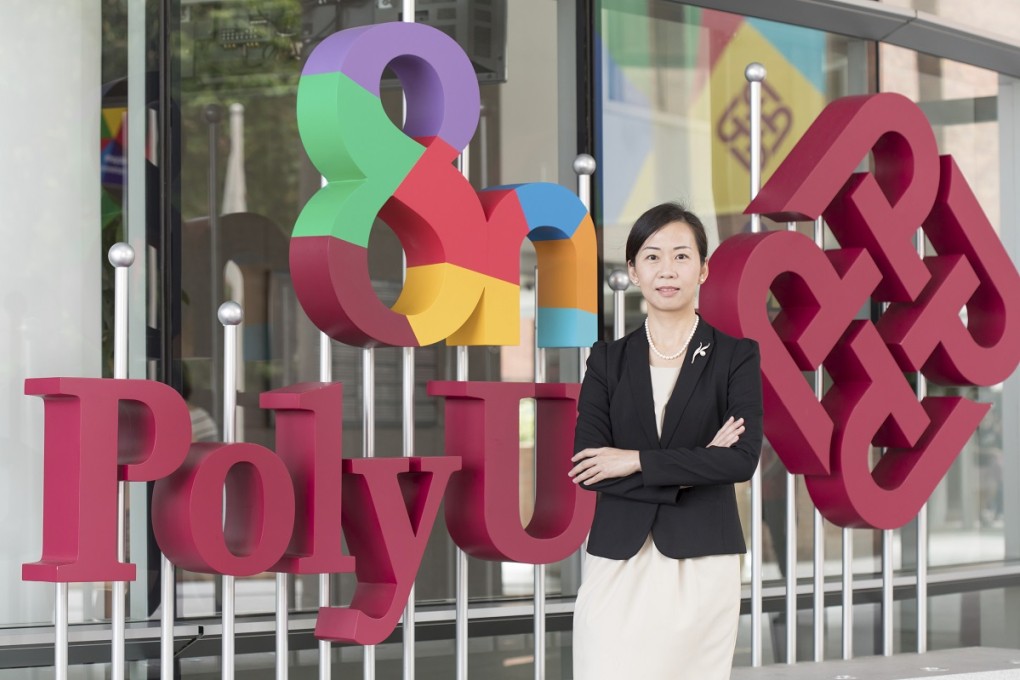PolyU knowledge transfer builds a stronger economy and society
[Sponsored article] Knowledge transfer has long been a strong DNA strand of The Hong Kong Polytechnic University (PolyU) that strives to bring together teaching, research, and real-life application as its core missions.

[Sponsored article] Knowledge transfer has long been a strong DNA strand of The Hong Kong Polytechnic University (PolyU) that strives to bring together teaching, research, and real-life application as its core missions.
“We create knowledge by research, disseminate knowledge by teaching, and transfer knowledge by application,” said Dr. Miranda Lou, vice-president (administration and business) of PolyU. “We strongly believe in the importance in fostering economic and social development by applying the results of our research.
“Often, professors may consider their mission accomplished when they are able to publish their research findings in top academic journals. At PolyU, we go one step further to encourage faculty staff to support the development of the industry and society with their knowledge and research achievement. The translation of our innovation and technologies into value-added products and services brings an extra dimension to our education, making PolyU highly connected to communities both locally and internationally.”
Knowledge transfer takes shape through various forms, the most common ones being collaborative research, licensing, consultancy, and business start-ups. In 2015-16, PolyU registered knowledge transfer activities aggregated to HK$540 million, making it at the top rank of the local universities that regularly reported their knowledge transfer performance to the University Grants Committee.
That said, Dr. Lou stressed that financial measure is a secondary concern compared to the value and impact such innovation and activities could bring to the society. As such, the University has devised a clear set of guidelines to support various knowledge transfer activities in an agile but disciplined manner, making it easy and transparent for joint academic-industry efforts on applied research and technology commercialisation. A case in point is the licensing of our anti-heat, anti-humidity clothing design to Construction Industry Council for outdoor construction labour outfits to reduce the heat discomfort and chance of heat strokes all at the nominal fee of $1.

“As a government-funded university, we are accountable to the public,” said Dr. Lou. “That is why we make sure our research results can also benefit the public in addition to scholarly publications. This philosophy of value-creation for the public good is realized through the proliferation of knowledge transfer across all departments and schools, with applications ranging from anti-cancer drugs, a train monitoring system, smart fabrics, and food safety, to eco-friendly construction materials.”